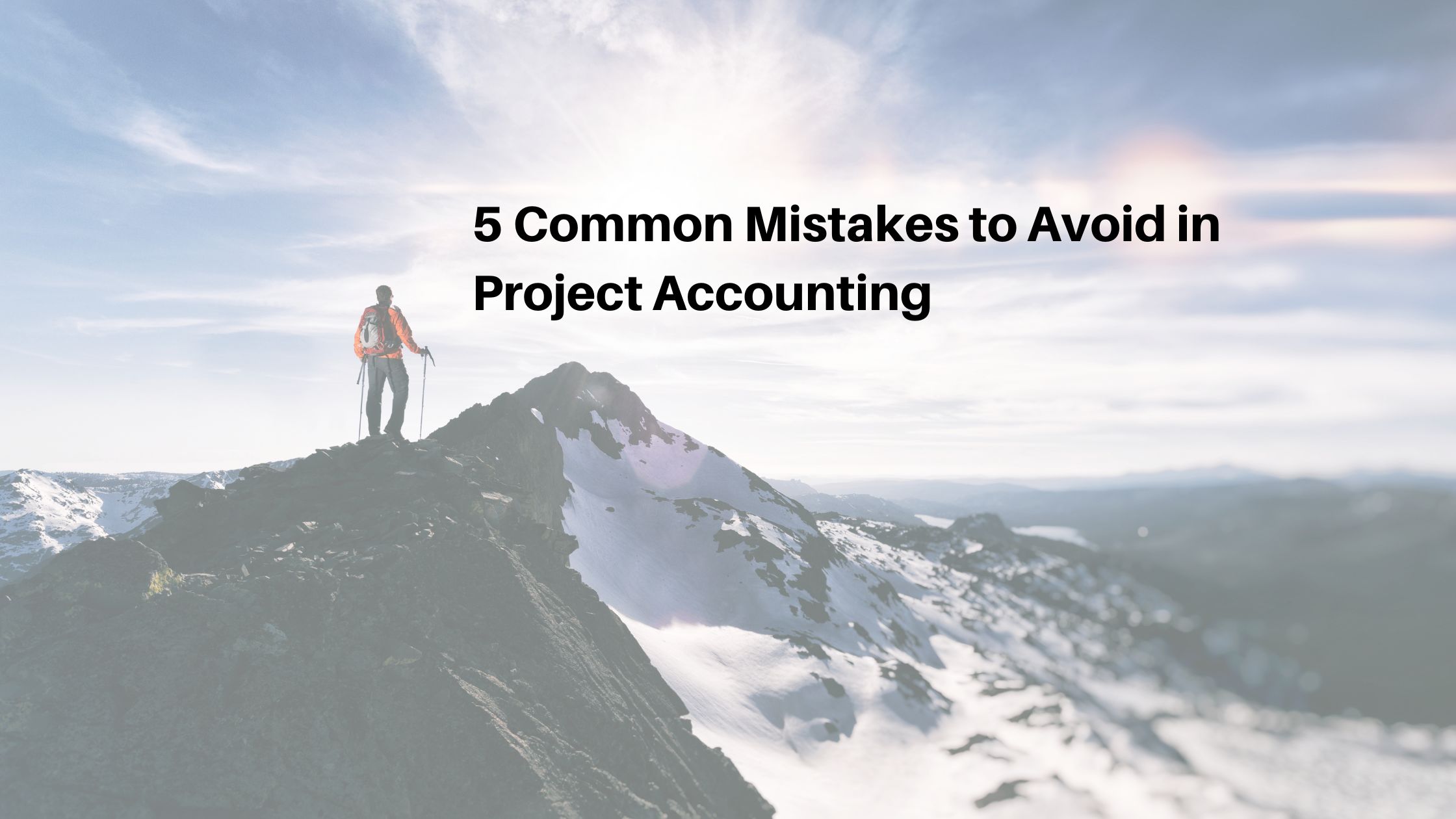Why Monograph Consultants Are Essential for Architecture and Engineering Firms
Exploring the Key Features of Monograph Accountancy for Successful Accountants

Defining Monograph Accounting: A Comprehensive Review
Monograph accounting represents a customized technique within the broader field of economic reporting. This approach emphasizes the comprehensive and methodical paperwork of financial deals and their ramifications. Unlike typical accountancy, Monograph audit is usually tailored to details markets or unique scenarios, giving a concentrated framework for analysis and coverage. It allows accountants to dig much deeper into particular locations, providing a thorough view that aligns very closely with business purposes.
A vital attribute of Monograph accounting is its flexibility; it can incorporate numerous bookkeeping criteria and practices as required. This versatility allows accountants to generate records that are not only exact but also relevant to stakeholders. Additionally, the method frequently entails extensive research and evaluation of financial data, guaranteeing that every aspect is extensively recognized and recorded. Hence, Monograph accounting offers as an important device for accounting professionals intending to offer informative economic assessments tailored to details contexts.
The Value of Quality and Accuracy in Financial Reporting

Incorrect or uncertain reporting can lead to misguided methods, wore down trust fund amongst investors, and regulative scrutiny. Consequently, accountants need to focus on precision in their job, ensuring that figures are meticulously validated and financial stories are meaningful. This not just promotes openness however also enhances the general reputation of the organization.
Eventually, quality and accuracy in economic coverage are crucial for preserving stakeholder confidence and advertising lasting service growth. Accounting professionals play an essential role in maintaining these criteria, making their expertise very useful in browsing the intricacies of monetary data.
Enhancing Decision-Making Procedures With Monograph Accounting
Effectiveness in decision-making procedures is considerably improved via the concepts of Monograph bookkeeping. By combining thorough financial information right into a single, coherent framework, accounting professionals can swiftly access vital information needed for educated choices. This approach reduces the moment invested on information access and interpretation, enabling a more active feedback to monetary scenarios.
Furthermore, Monograph accountancy emphasizes clear categorization and thoughtful organization of monetary transactions, which minimizes mistakes and miscommunication. When accountants use these principles, they can provide economic understandings in a structured fashion, helping with discussions among stakeholders.
Furthermore, the standardization inherent in Monograph audit allows seamless contrasts throughout various periods or divisions, even more assisting in tactical planning. This structured approach not only maximizes the interior procedures of accounting experts but likewise boosts the overall organizational dexterity, empowering organizations to adapt to changing Monograph Project Accounting market problems promptly.
Trick Benefits for Accountants and Their Customers
While adopting Monograph accountancy might require a first financial investment of time and sources, the long-term advantages for both accounting professionals and their clients are substantial. This accountancy method promotes enhanced precision and openness, allowing accounting professionals to keep more clear monetary records. By combining info into a particular narrative, customers acquire better insights into their financial wellness, assisting in informed decision-making.
Additionally, Monograph audit promotes stronger customer connections with improved communication (Monograph Consultants). Accountants can present financial data in a more absorbable style, making it less complicated for clients to comprehend complex details. This clearness not just builds trust but likewise urges positive economic monitoring
Furthermore, the streamlined procedures associated with Monograph audit reduce the chance of errors, which can save both time and cash. Ultimately, the combination of this method leads to much more reliable procedures, enabling accounting professionals to give higher quality solution while empowering customers with enhanced financial understanding and control.
Practical Applications of Monograph Accounting in Various Industries
In what methods can monograph bookkeeping transform numerous industries? By offering a focused and thorough strategy to financial reporting, Monograph bookkeeping boosts clarity and accuracy across varied markets. In health care, for example, it promotes the accurate tracking of patient prices and resource allotment, inevitably enhancing financial management. The production industry benefits from its structured analysis of manufacturing prices, enabling far better rates techniques and productivity assessments.
In the retail sector, Monograph accountancy helps in inventory monitoring and sales forecasting, helping services enhance stock degrees and minimize waste. In the not-for-profit industry, it aids in clear coverage of give funding and source use, promoting trust among stakeholders. On the whole, Monograph bookkeeping's customized techniques enable organizations to achieve monetary transparency and functional efficiency, making it an important device throughout various markets. Its adaptability ensures that organizations can meet particular accountancy requirements while keeping conformity with regulations.
Frequently Asked Concerns
What Software application Is Ideal for Carrying Out Monograph Audit?
The best software application for applying Monograph accounting includes copyright, Xero, and Sage. These systems provide detailed attributes tailored for reliable tracking, reporting, and monitoring of monetary information, helping with structured bookkeeping procedures for specialists.
Exactly How Does Monograph Accountancy Differ From Traditional Audit Methods?
Monograph audit concentrates on specific tasks or customers, stressing comprehensive tracking and reporting for details entities, while typical audit aggregates data across all entities, focusing on total monetary wellness instead of project-specific insights and efficiency.
What Prevail Difficulties Accountants Confront With Monograph Accountancy?
Accounting professionals often encounter difficulties with Monograph accounting, including complexity in financial reporting, assimilation with existing systems, making certain compliance with regulations, adjusting to distinct client requirements, and taking care of the comprehensive documentation required for exact analyses.
Exist Certain Regulations Governing Monograph Accounting Practices?
Yes, details laws often control Monograph audit techniques, including adherence to national accountancy standards, conformity with tax obligation guidelines, and industry-specific guidelines. Accountants must stay enlightened to ensure their techniques align with these established frameworks.
How Can Accountants Remain Upgraded on Monograph Accounting Trends?
Accountants can remain updated on Monograph audit fads by signing up for industry publications, attending pertinent workshops and seminars, joining professional organizations, and involving with on the internet forums dedicated to bookkeeping requirements and best techniques. (Monograph Accounting)
Monograph accountancy offers an one-of-a-kind structure that improves monetary reporting for accountants. Unlike conventional audit, Monograph accountancy is usually customized to one-of-a-kind situations or certain markets, providing a concentrated framework for analysis and coverage. A crucial feature of Monograph accountancy is its adaptability; it can integrate different audit standards and practices as required. By offering a focused and thorough strategy to economic reporting, Monograph audit improves clarity and accuracy throughout varied sectors. Yes, details policies often control Monograph bookkeeping practices, consisting of adherence to national audit standards, conformity with tax guidelines, and industry-specific standards.